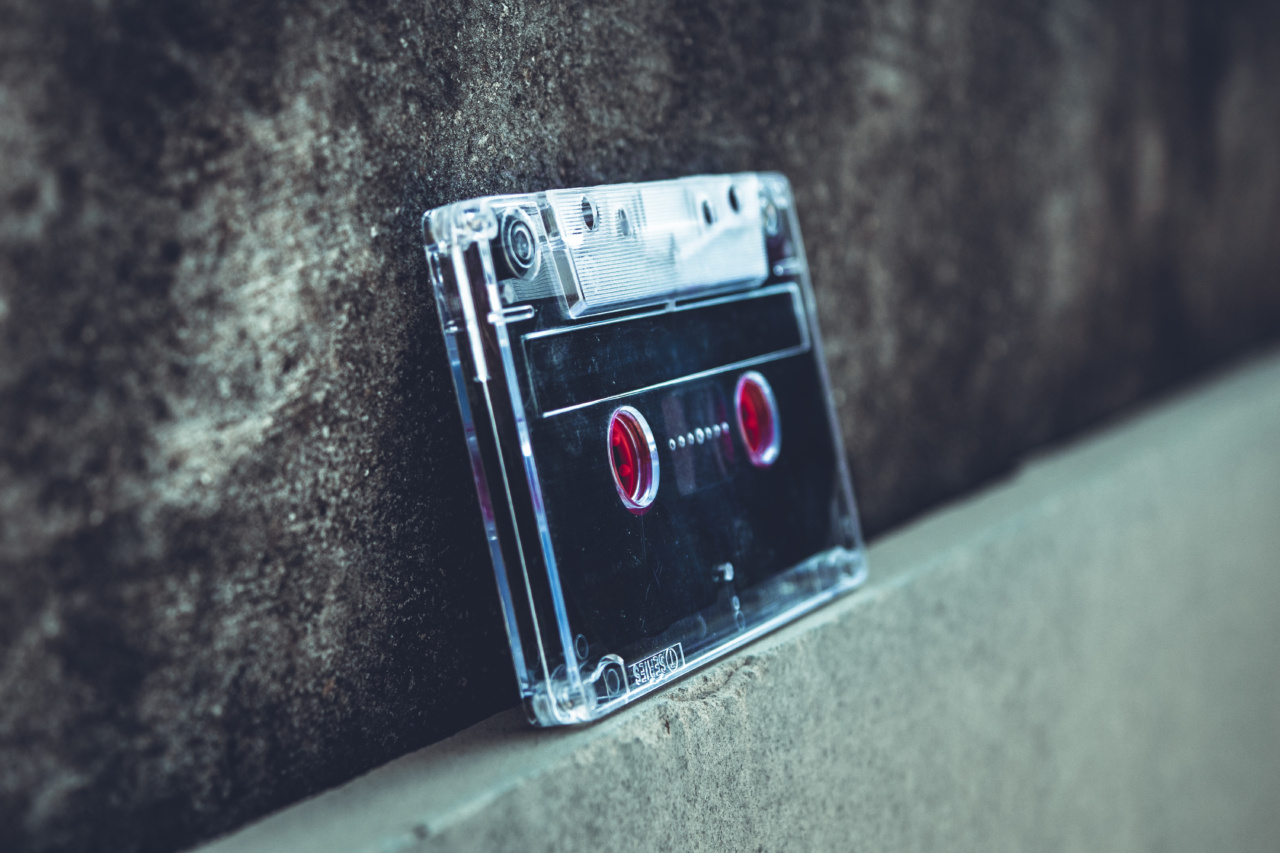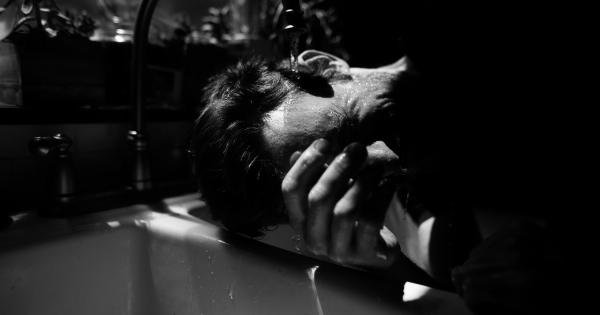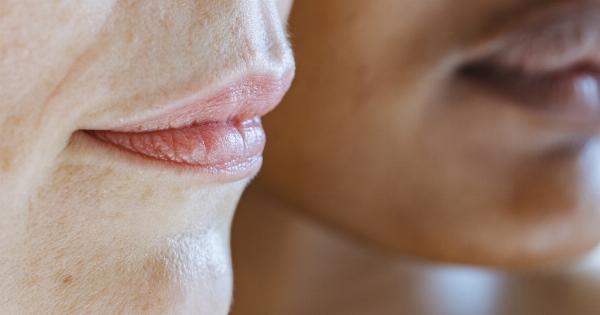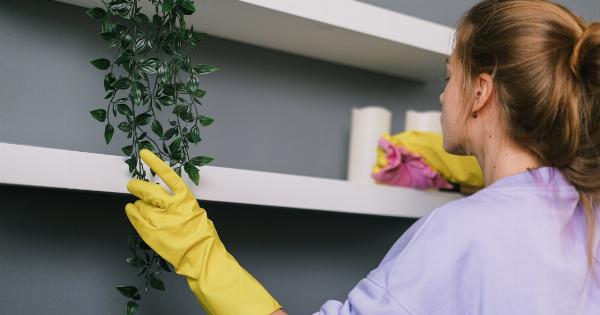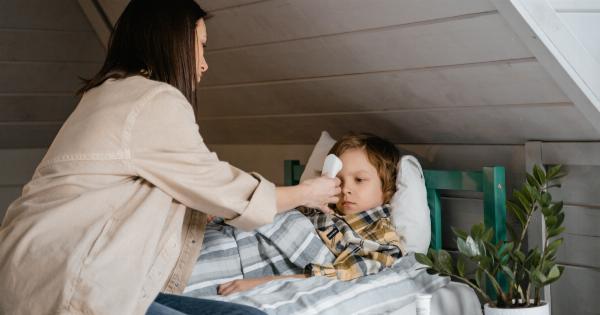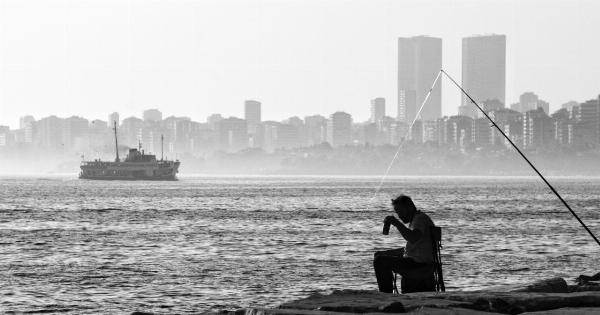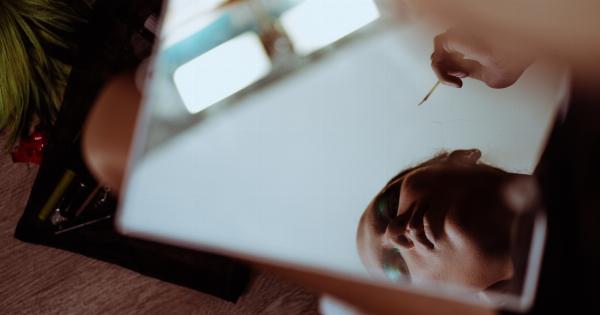The outbreak of the Koronovi virus has affected the world in a major way, causing a major public health scare.
Governments and health organizations have been working tirelessly to control the spread of the virus, implementing various safety protocols in an effort to reduce the risk of contracting the disease. However, despite the efforts, thousands around the world have been infected with the virus and have reported varying degrees of symptoms.
Due to the recent surge in cases, individuals who have contracted the Koronovi virus may find themselves wondering if they need to continue following safety protocols.
In this article, we will discuss this topic in detail and provide insights into whether individuals who have contracted the virus need to follow safety protocols.
What is the Koronovi Virus?
The Koronovi virus, also known as COVID-19, is a highly infectious respiratory illness caused by a novel coronavirus. The virus was first reported in Wuhan, China in December 2019 and has since spread to become a global pandemic.
The virus spreads primarily through respiratory droplets when an infected person coughs, talks, or sneezes. Common symptoms of the virus include fever, cough, difficulty breathing, and fatigue, although some may experience milder symptoms.
Do Safety Protocols Work?
Health organizations and governments have implemented several safety protocols to help control the spread of the virus.
These protocols include wearing face masks, physical distancing, washing hands regularly with soap and water, and avoiding crowded or poorly ventilated spaces. Extensive studies have shown that these protocols are effective in slowing down the spread of the virus.
According to a recent study by the Centers for Disease Control and Prevention (CDC), wearing a mask reduces the spread of the virus by around 70%. Furthermore, proper handwashing can reduce the risk of viral transmission by almost 50%.
Social distancing can also significantly slow down the spread of the virus.
Should Individuals Still Follow Safety Protocols after Contracting Koronovi?
Despite having contracted the Koronovi virus, individuals should continue to follow safety protocols to help prevent the spread of the disease. This is because contracting the disease does not make an individual immune to it.
In fact, it is possible for an individual to contract the virus multiple times. Additionally, even if an individual has mild symptoms or is asymptomatic, they can still transmit the virus to others.
Therefore, individuals who have contracted Koronovi should continue to wear a mask, wash their hands frequently, maintain physical distancing, and avoid crowded or poorly ventilated spaces.
This will not only help protect others, but it will also help prevent reinfection.
What are the Risks of Not Following Safety Protocols?
If individuals who have contracted the Koronovi virus do not follow safety protocols, they may unknowingly spread the disease to others. This can result in the virus continuing to spread and cause more infections and deaths.
Furthermore, individuals who have contracted the virus may also be at risk of reinfection.
Not following safety protocols can also have legal consequences. In some areas, individuals who do not follow safety protocols, such as wearing masks in public spaces, may face hefty fines or other penalties.
Conclusion
Contracting the Koronovi virus does not mean that individuals are immune to it.
Therefore, it is important for individuals who have contracted the virus to continue following safety protocols, such as wearing masks, practicing physical distancing, and washing hands regularly.
The above protocols have been proven to be effective in slowing down the spread of the virus, and they are crucial in preventing reinfection and protecting others from the virus.
